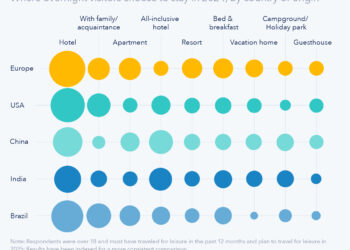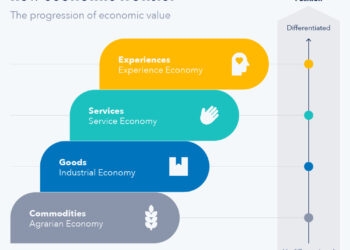Select Language:
The Growing Role of AI in the Travel Industry
The Integration of AI into Travel
Artificial intelligence (AI) is rapidly transforming the travel industry in ways that were once considered futuristic. From the early stages of trip planning to post-travel reviews, AI plays an integral role in enhancing the overall customer experience. According to a global survey conducted by Amadeus, a substantial majority of travel companies—over 50%—have embraced Generative AI technologies to streamline the booking process.
How AI Enhances the Booking Experience
Personalized Recommendations
AI systems analyze travelers’ preferences and behaviors to provide tailored recommendations. By examining past trips, search queries, and other relevant data, AI can suggest destinations, accommodations, and activities that align with an individual’s preferences. This level of personalization not only improves user satisfaction but also increases the likelihood of bookings.
Chatbots and Virtual Assistants
In the customer service realm, chatbots powered by AI are becoming commonplace. These virtual assistants can provide instant support, answer common questions, and guide travelers through the booking process. This reduces the burden on human agents and allows for 24/7 assistance, ensuring that help is available at any time.
Major Challenges Hindering AI Adoption in Travel
Despite the many advantages that AI brings to the table, the path to widespread adoption is not without significant hurdles.
Data Protection Concerns
One of the most pressing issues highlighted in the Amadeus report is data protection. A considerable number of travel professionals express apprehension over the security of sensitive personal information handled by AI systems. Given that these systems are trained on vast datasets, there’s legitimate concern about how data is collected, stored, and utilized. Ensuring compliance with regulations like GDPR (General Data Protection Regulation) and other data protection laws is essential for maintaining consumer trust.
Lack of Expertise and Training
Another significant obstacle in the implementation of AI technologies is the shortage of expertise and training within the industry. According to the findings from the Amadeus survey, 34% of respondents identified this challenge as a barrier to successful AI adoption. The rapidly evolving nature of AI means that travel professionals must continuously upskill to remain proficient in utilizing these technologies effectively. Without adequate training programs, the potential of AI tools can go largely untapped.
The Future of AI in Travel
Despite these challenges, the synergy between AI and the travel industry holds promise for future developments. As technology continues to advance, new solutions may emerge to address the concerns surrounding data protection and training. The travel industry must not only embrace AI but also invest in its responsible and knowledgeable integration into everyday operations.
As travelers increasingly turn to digital solutions for their travel needs, the role of AI will only become more pronounced. While the journey toward full-scale adoption may encounter some turbulence, the potential benefits could transform the travel experience for generations to come.






